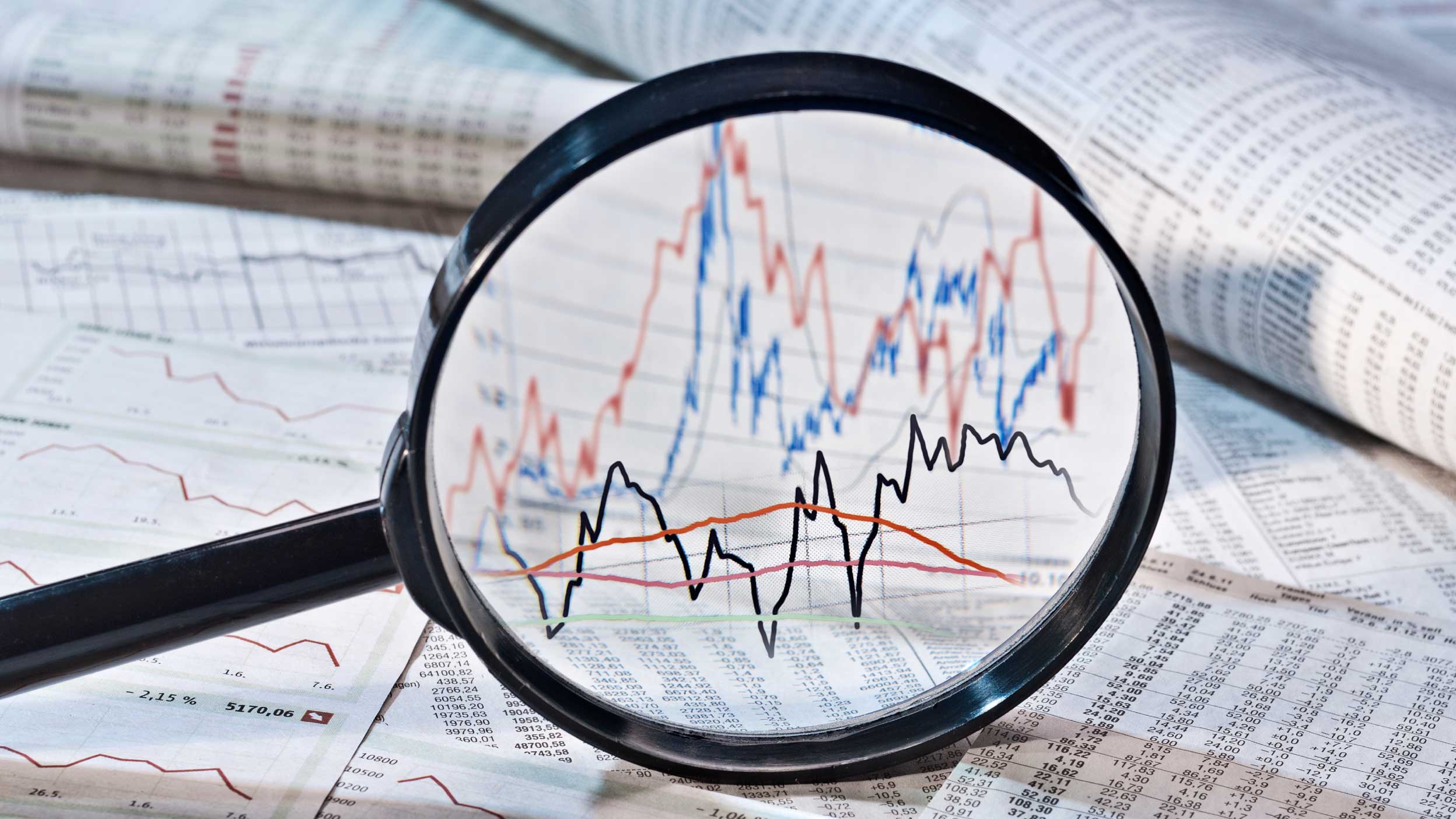Last week, the US and China signed their Phase 1 trade agreement. This trade deal is a paradox — in my view, it is both inconsequential and yet extremely important.
It is inconsequential for two reasons: Tariffs will remain in place on a large amount of goods traded between the US and China, and the deal doesn’t tackle many of the most important trade issues between the two countries. However, it is extremely important because of what it symbolizes: This trade deal suggests that friction between the two countries has peaked and is moving lower. The psychological effect is very significant, as it means that economic policy uncertainty has fallen. And, when companies believe economic policy is more certain, they typically spend more, especially on capex.
Some flies in the ointment
Now, there is a small chance this deal may not hold. I don’t believe China will be able to purchase US goods at the level it has committed to, based on its history of purchases as well as the deeper trading relationships it has formed with countries such as Brazil. And I believe that’s why the US has not rolled back many tariffs. In fact, it has been reported that the US will not roll back any more tariffs until after the US presidential election, and that a roll back would be contingent on China adhering to its commitments in the Phase 1 agreement. However, I think the Phase 1 deal will hold, regardless of whether all commitments are honored as it’s in the best interest of both parties.
I should also underscore that I do not expect a Phase 2 trade deal between the US and China to be signed this year. A Phase 1 deal was relatively easy to achieve because it tackled a lot of the low-hanging fruit — easier issues such as trade imbalances. Now that all the easy issues have been resolved, we have to expect that Phase 2 will be far more difficult to achieve.
Perhaps most sobering was a recent post in Taoran Notes (a blog affiliated with China’s official Economic Daily newspaper, which can reflect official government views). It cautioned that “We must bear in mind that the trade war is not over yet — the US hasn’t revoked its tariffs on China and China is still implementing its retaliatory measures. There are still many uncertainties down the road.”1 And so I believe that continued talks around Phase 2 are all we can hope for, and we are likely to see such talks — but it is highly unlikely that we get a deal. However, I think that the conversation will be enough to satisfy stocks.
Could a US-EU trade war be on the horizon?
There remains one key risk that I have worried about for a while: Now that the US has signed the trade deal with China, will it now turn its attention to the EU and escalate a trade war there? The tension between the two has been clearly building: Last week, the EU’s chief trade negotiator visited Washington, DC, in an attempt to avert US trade aggression toward the EU. And talks will continue on the sidelines of Davos this week. However, I believe there is a good chance of an escalation in trade tensions — this could be politically popular in an election year for the US, and I believe a trade war with the EU would be less damaging to the US economy than a trade war with China. However, it could be psychologically damaging to companies, raising economic policy uncertainty and tamping down capex spending. So we will want to follow the situation closely.
And so economic policy uncertainty has, for now, declined. I expect we will see capex spending increase. We are anecdotally hearing that Chinese household sentiment has turned much more positive in particular, which should be good for the Chinese economy and Chinese stocks. Chinese stocks could also continue to benefit from the end of balance sheet normalization, which occurred last September and is beginning to inject some liquidity into markets.






